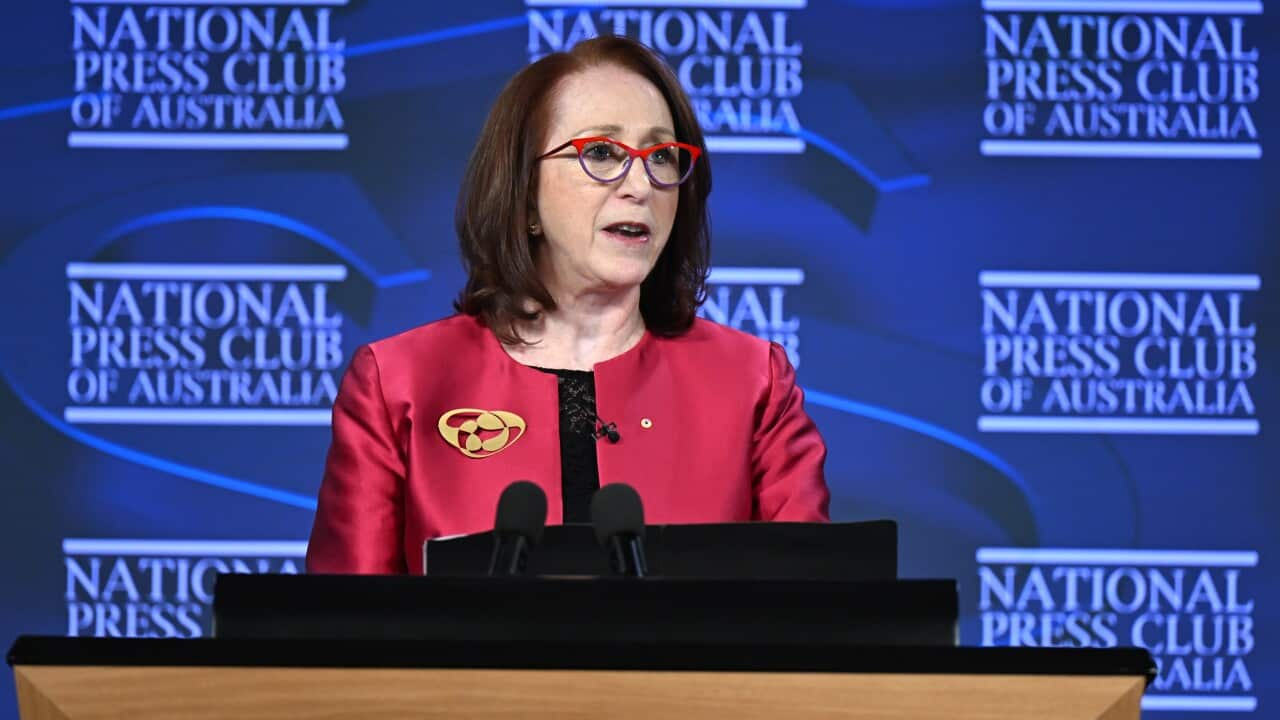Rosalind Croucher, president of the Australian Human Rights Commission, addressed the National Press Club of Australia this week calling for the creation of a national human rights act.
Croucher said that she had become increasingly convinced of the need for the act in recent years, arguing it would lead parliament to "consider more directly how their lawmaking affects people's freedoms and rights".
There has long been a call from human rights experts for Australia to take this action as it is the only Western liberal democracy without a legislated human rights act.
There is also widespread support in the Australian community for a human rights act. A Human Rights Law Centre poll from 2021 found that 83 per cent of people believed there should be a document that sets out the rights and responsibilities of all Australians.
Croucher's National Press Club speech follows the publication of a report from the Parliamentary Joint Committee on Human Rights in May.
Among its 17 recommendations was legislation to establish a human rights act.
The case for an Australian human rights act
Australia has laws that prohibit discrimination against people based on attributes such as age, race, disability and sex, but human rights experts say that these laws are not comprehensive enough.
Croucher said that the — in which hundreds of thousands of welfare recipients were wrongly issued debt notices — and have drawn the community's attention to the need for better human rights protections.
The Australian Human Rights Commission says that Australia has a patchwork legal framework of human rights protections that are scattered through pieces of legislation, the Constitution and common law, calling this approach "incomplete and piecemeal".
While some people may believe that the Australian Constitution contains human rights protections, it only contains limited rights such as the right to vote, the right to trial by jury for certain offences, and some protection of freedom of religion and political communication.
Justine Nolan, director of the Australian Human Rights Institute, says that Australia's approach to human rights has historically been "very ad hoc", making it difficult for people to understand what their human rights are and seek recourse if those rights have been abused.
"There's no holistic approach to it in Australia and sometimes rights, like rights to housing and laws around that, differ from state to state, so it becomes very difficult to follow," Nolan said.
"What a human rights act does is try to basically say, 'Here is the global standard which we've agreed to and which we've put into effect.'"
While human rights acts have been passed in Victoria, the ACT and Queensland, the Australian Human Rights Commission says that having a single national act would "substantially improve access to justice and accountability for government decision-making".
Why doesn't Australia have one?
Nolan says that up to this point, many Australians may have felt "apathetic" about the idea of a human rights act.
"I think Australia and Australians have long clung to the notion that everything is fine here ... But the idea of human rights is really that they are there to protect the most vulnerable."
What about international treaties?
While Australia is party to seven core international human rights treaties, including the International Covenant on Civil and Political Rights, Convention on the Rights of the Child and Convention on the Rights of Persons with Disabilities, it has also failed to fulfil some obligations.
When Australia signed the International Covenant on Economic, Social and Cultural Rights and the International Covenant on Civil and Political Rights more than 40 years ago, it committed to implementing these human rights into Australian law.
LISTEN TO

Independents push for housing to become a protected human right
SBS News
24/06/202401:20
However, this has not yet happened and in 2017 the United Nations Human Rights Committee (UNHRC) expressed concern that without this legislation, there may be "limited awareness" of the covenants among state officials and without domestic laws, there may not be effective implementation of the human rights outlined by these covenants.
The UNHRC urged Australia to "adopt comprehensive federal legislation giving full effect" to these treaties.
What would a human rights act look like?
The Parliamentary Joint Committee on Human Rights has published a model for a human rights act based on a recommended model from the Australian Human Rights Commission.
Nolan said that the act would offer a holistic approach to human rights that have been set out in international treaties and would likely include rights such as the right to education, the right to freedom of speech and the right to protest.
The Commission also supported the right to a clean and healthy environment, which is an emerging international right.
Nolan says that the people who would most likely call on a human rights act would be the most vulnerable people in Australia whose rights have been abused.
"You make the process more efficient, you make the process more clean, you make the rules standardised across the country and you increase awareness about people's rights ... rather than making people's lives more complex, I actually think it would simplify people's lives," she said.










